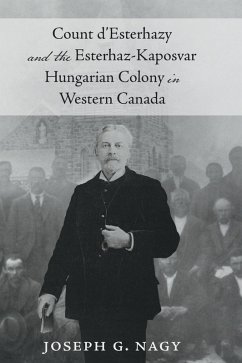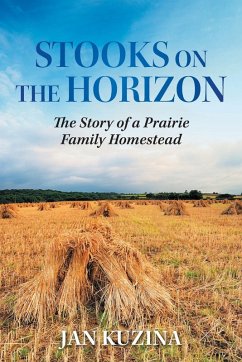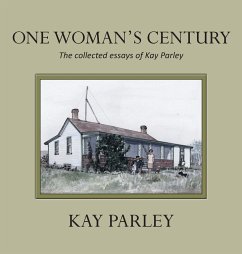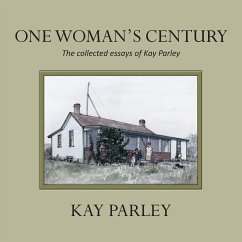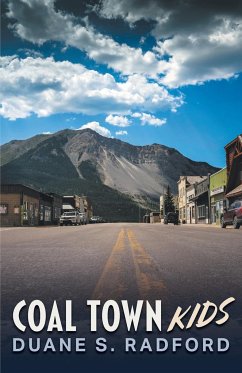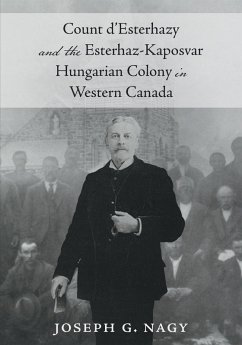
Count d'Esterhazy and the Esterhaz-Kaposvar Hungarian Colony in Western Canada

PAYBACK Punkte
14 °P sammeln!
Throughout the late 1800s, waves of immigrants came over from Europe to North America, their arrival serving a dual purpose. On the one hand, the immigrants were seeking a better life for themselves and their families. On the other hand, the Canadian federal, provincial, and territorial governments were seeking to populate their territory in a bid to maintain sovereignty over the land and to develop it for agriculture. Among these immigrants were the Hungarian and Western Slavic settlers who founded the Esterhaz Colony, which later became known as the Kaposvar and Kolin districts, in southeast...
Throughout the late 1800s, waves of immigrants came over from Europe to North America, their arrival serving a dual purpose. On the one hand, the immigrants were seeking a better life for themselves and their families. On the other hand, the Canadian federal, provincial, and territorial governments were seeking to populate their territory in a bid to maintain sovereignty over the land and to develop it for agriculture. Among these immigrants were the Hungarian and Western Slavic settlers who founded the Esterhaz Colony, which later became known as the Kaposvar and Kolin districts, in southeastern Saskatchewan. A key figure in the founding of this colony was the enigmatic Count Paul O. d'Esterhazy, a.k.a. Janos Baptiste Packh. As an immigration agent for the Canadian and American governments, he worked tirelessly not only to promote immigration to the Kaposvar and Kolin districts but also to improve the lives of the immigrants who settled there. Although d'Esterhazy was not without his detractors, this book takes pains to emphasize the sincerity of his vision of a "Little Hungary on the Canadian Prairies" and the many challenges that he and other proponents of the colony faced as they sought to see that vision fulfilled. Meticulously researched and documented, this book offers a treasure trove of insight into not only the Esterhaz colony and surrounding area but also the myriad and often conflicting forces involved in the founding of Canada as a nation.





